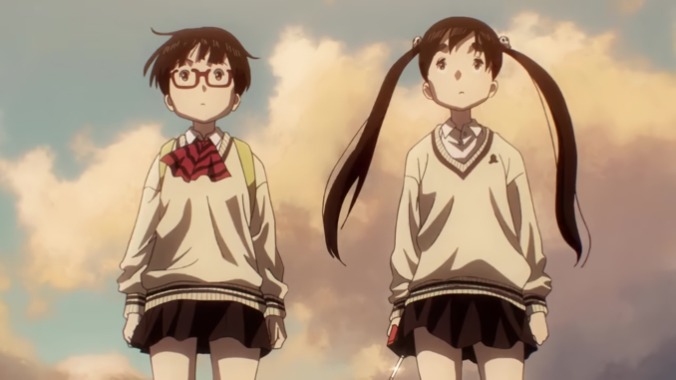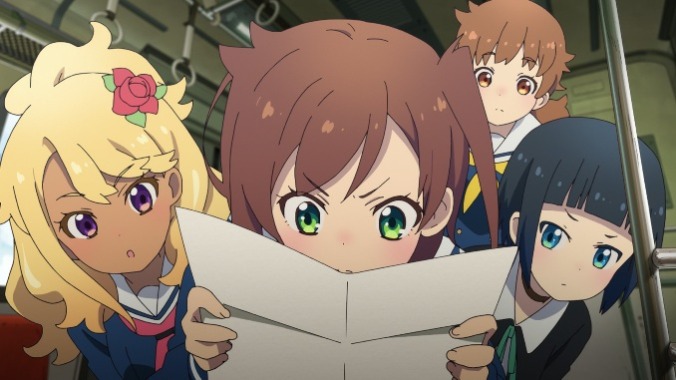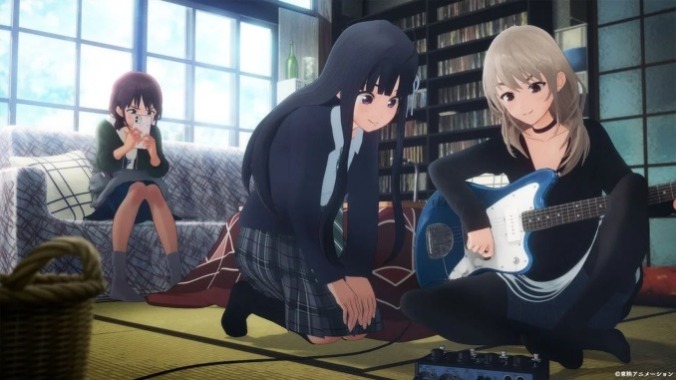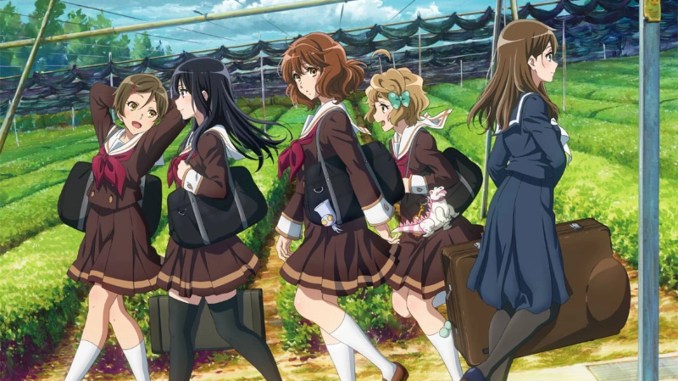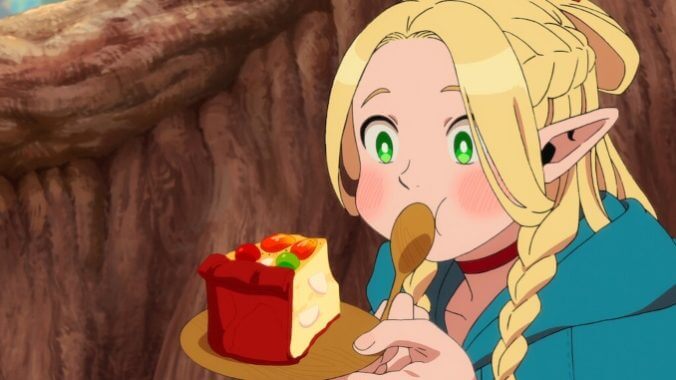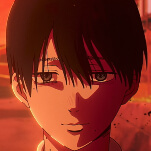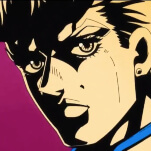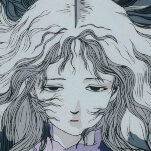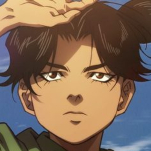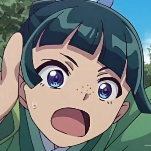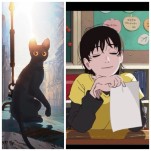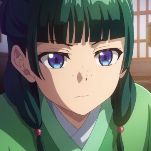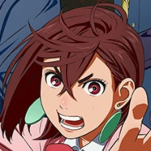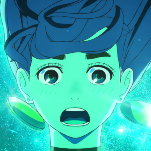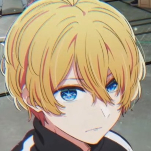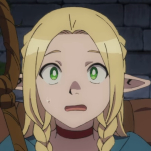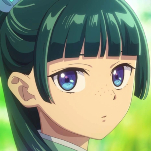The 10 Best Anime Series of Spring 2024, Ranked
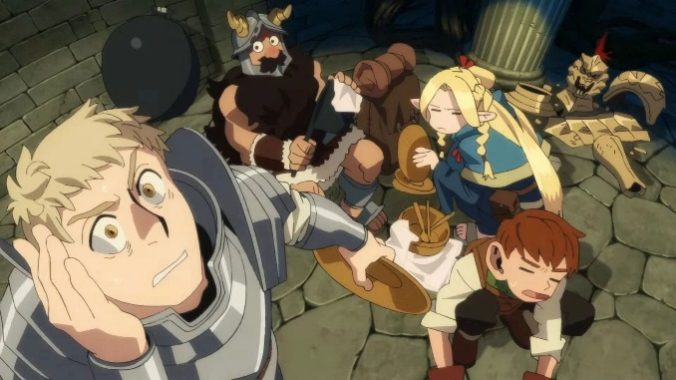
These last few months gave us an impressively deep lineup of anime, and regardless of which genres you’re into, there was almost certainly something for you. We had long-awaited sequels, exciting originals, hits in the making like Delicious in Dungeon, and a whole bunch of stories about bands. And while there were disappointments along the way, like repeated failures to follow through on implied queer relationships (during Pride Month, no less!), overall, it’s usually a good sign when it’s tough to narrow things down to only 10 picks. Without further ado, let’s break down our favorite shows of the spring.
Honorable Mentions
Whisper Me a Love Song: Severe production issues held back this adorable and unabashedly queer love story. While its central relationship is great, and there’s lots of interesting drama around the extended cast, the last two episodes have been delayed indefinitely. At this point, I’m just going to read its well-regarded source material instead. Kaiju No. 8: It’s a very fun action romp, but it is admittedly a little less interesting than its opening episode implies. Demon Slayer: Hashira Training: Ufotable did a good job spicing up this training arc and hyping up the upcoming film trilogy, even if this is admittedly the calm before the storm. My Hero Academia Season 7: This latest season has been solid thus far, but it is strangely paced and doesn’t quite match the series’ high points.

10. Spice and Wolf: Merchant Meets the Wise Wolf
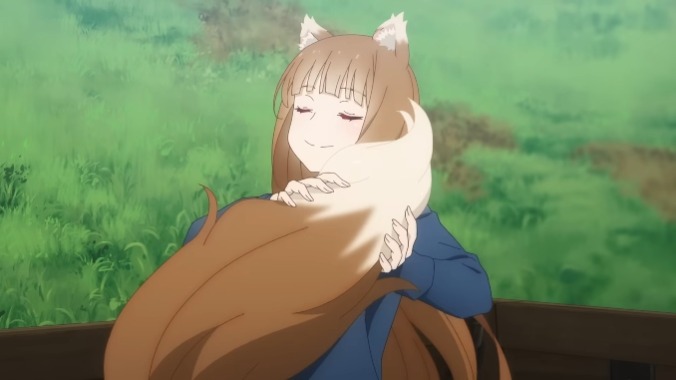
The 2008 adaptation of Spice and Wolf is quite fondly remembered, and while the latest take on this light novel series doesn’t entirely live up to this nostalgia, it’s still a solid retelling that embodies this story’s strengths. We follow Kraft Lawrence, a traveling merchant, and Holo the Wise Wolf, a several hundred-year-old deity taking the shape of a girl, as the two journey to the latter’s homeland. On the way to their destination, the pair make deals and sniff out schemes to stay afloat, and although you would think learning about medieval tax incentives and gold embargoes is boring, human drama and banter pull us into this mercantile gamesmanship. And, of course, the heart of this series is the relationship between our kindly merchant and Holo, whose wit and sharp tongue have made her a deserved fan-favorite for over a decade. Voice actors Jun Fukuyama (Lawrence) and Ami Koshimizu (Holo) return to their roles from the original series and deliver these entertaining repartees without missing a beat.
That said, this adaptation isn’t perfect. I don’t love many of the aesthetic changes compared to the original, like the decision to make Holo less intimidating in her wolf form or the brighter lighting, which feels less dramatic than the chiaroscuro look of the original. Also, outside of a few lovingly rendered scenes, there are occasional off-model characters and dips in animation quality (although that was certainly true about the original, too). My biggest issue, though, is that it feels they’ve defanged our acerbic heroine somewhat, making her come across more like an adorable mascot than a bristling god. Still, even with these differences (which, according to some, makes things closer to the source material), it gets across enough of what made the original adaptation special, including its high-stakes bartering and central relationship.
9. Tonari no Youkai-san
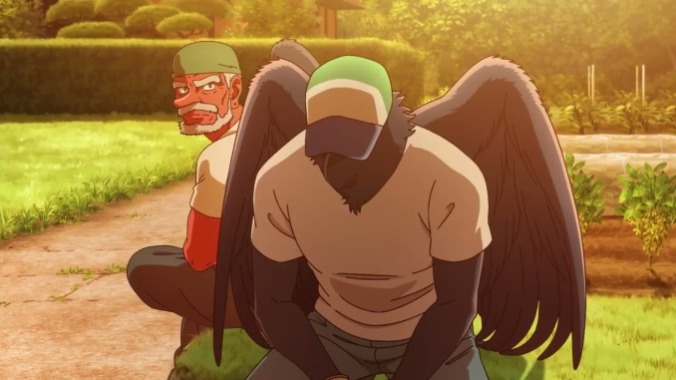
There will always be underappreciated gems that fly under the radar, and so far, Tonari no Youkai-san very much fits the bill. Taking place in a world where humans and creatures from Japanese folklore live side-by-side, this thoughtful series seamlessly combines the mundane and fantastical. It focuses on the residents of a small town, each of whom are navigating grief, familial trauma, and growing pains, such as Buchio, a cat who was recently reborn as a Nekomata youkai. While this story seems entirely chill at first blush due to the breezy charm of this rural community and its peaceful denizens, it also digs into more frightening undercurrents as its characters grapple with dangerous spirits and heaps of baggage. For instance, there’s Mu, a young girl dealing with her father’s disappearance, and Jiro, a centuries-old tengu whose pleasant demeanor hides unhealed wounds. Still, even with these grave turns, the pervading vibe is a good one, best embodied by Buchio, an incredibly earnest little guy who’s quick to shed tears on other’s behalf. Overall, Tonari no Youkai-san is a creative and sympathetic series that very much deserves a bigger audience.
8. Jellyfish Can’t Swim in the Night
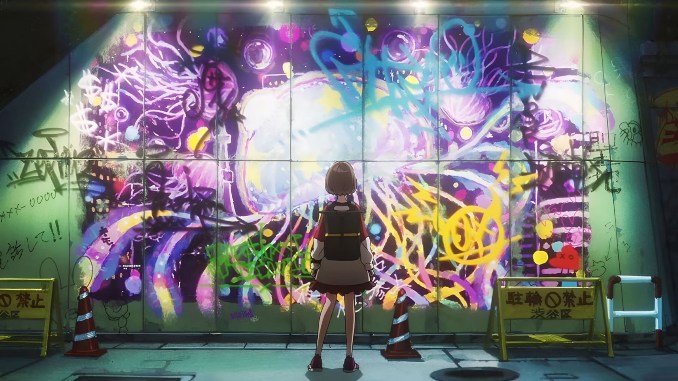
Delighting in emotionally hard-hitting turns, Jellyfish Can’t Swim in the Night is a musical coming-of-age story bolstered by sharp direction and timely commentary on internet culture. It follows four girls, Mahiru, Kano, Kiui, and Mei, each facing problems in their personal lives that are at least partially alleviated when they come together to form the online music group JEELE. One of the series’ standout elements is how effectively it gets inside the personal hangups of its central cast, exploring their anxieties as they face what they’ve been running from, whether it’s peer pressure or manipulative parents. There is a frankness that comes across beautifully, and even if some of these arcs wrap up too tidily, I appreciate the series’ ambition. The group’s growing bonds culminate in big-swing dramatic moments that are elevated by Ryouhei Takeshita’s confident direction and studio Doga Kobo’s consistent production.
Unfortunately, there’s a catch—this one simply doesn’t stick the landing. Its overarching conflicts don’t have satisfying resolutions, and despite repeatedly teasing a relationship between two girls in the band that would have underscored this story’s themes about breaking free of societal expectations and finding a reason to create art, it doesn’t follow through. Still, even with these drawbacks, this one has some of the most memorable episodes of the spring, and when everything aligns, it’s a tough act to beat.
7. Wind Breaker
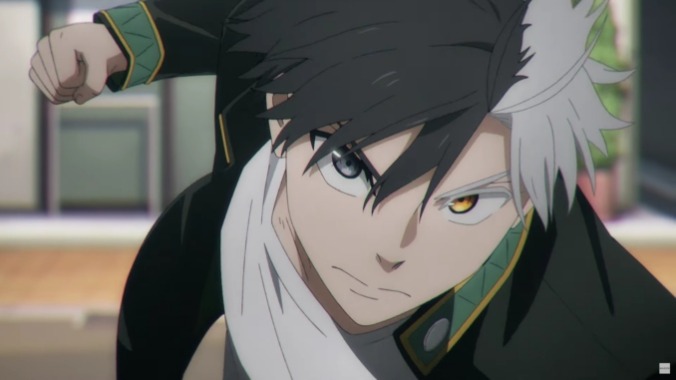
For a show about delinquents punching each other, Wind Breaker demonstrates a shocking amount of empathy. Things center on Sakura, a kid who has been ostracized his entire life due to having heterochromia. In his isolation, he pursues personal strength above all else and transfers to Fuurin High School, known for having beefy students, intending to take the top spot. But instead of finding a dog-eat-dog hierarchy, it turns out his peers are a bunch of kindhearted bros who protect the local townspeople at any cost. While it initially seems to have a fairly standard “I’ve gotta become the strongest guy”-type setup, this story quickly becomes something else as Sakura finds camaraderie and a sense of purpose he’d been sorely lacking. The series is excellent at hammering home this undercurrent, following our blushy hero as he busts heads alongside his fellow protectors and slowly opens up to those around him in the process. Although its middle stretch has some pacing issues as it gets bogged down in an extended brawl and the show doesn’t do a great job differentiating its fighting styles or combatants, thanks to its likable cast and abundance of pathos, this tale has a lot of heart.
-

-

-

-

-

-

-

-

-

-

-

-

-

-

-

-

-

-

-

-

-

-

-

-

-

-

-

-

-

-

-

-

-

-

-

-

-

-

-

-


